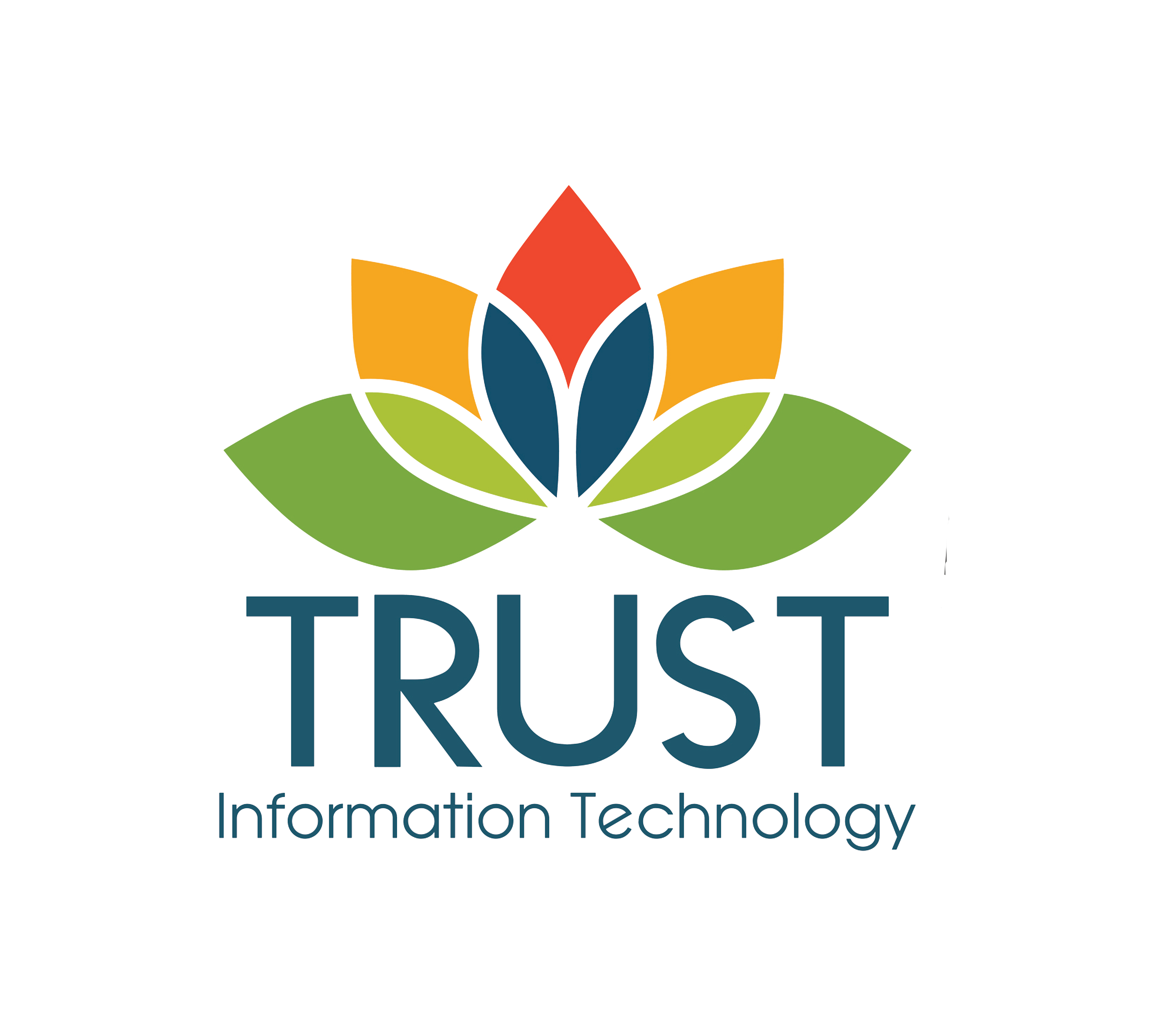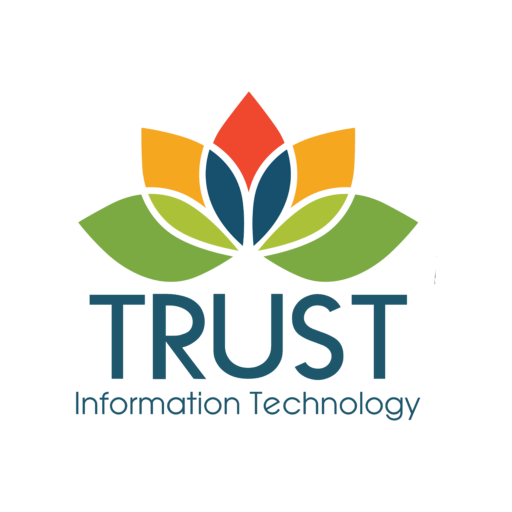overview
Unified Endpoint Management
Challenge
Unified Endpoint Management (UEM)
Unified Endpoint Management (UEM) has become a necessity for managing diverse devices in modern IT environments. However, organizations face challenges such as:

Device Onboarding and Offboarding:
Manual configuration and decommissioning of endpoints lead to inefficiencies and potential security risks.

Ransomware Threats:
Increasingly sophisticated ransomware attacks jeopardize sensitive data and disrupt business continuity.

Patch Delays:
Vulnerabilities caused by delayed patch deployment leave endpoints exposed.

Endpoint Vulnerabilities:
Lack of proactive detection and management of risks across devices.

Data Security Concerns:
Protecting sensitive data on endpoints from breaches and unauthorized access.

Inconsistent Software Deployment:
Manual software installations lead to delays and compliance issues.

Hybrid Environments:
Managing diverse endpoints (desktops, laptops, mobile devices) across on-premises and cloud environments seamlessly.
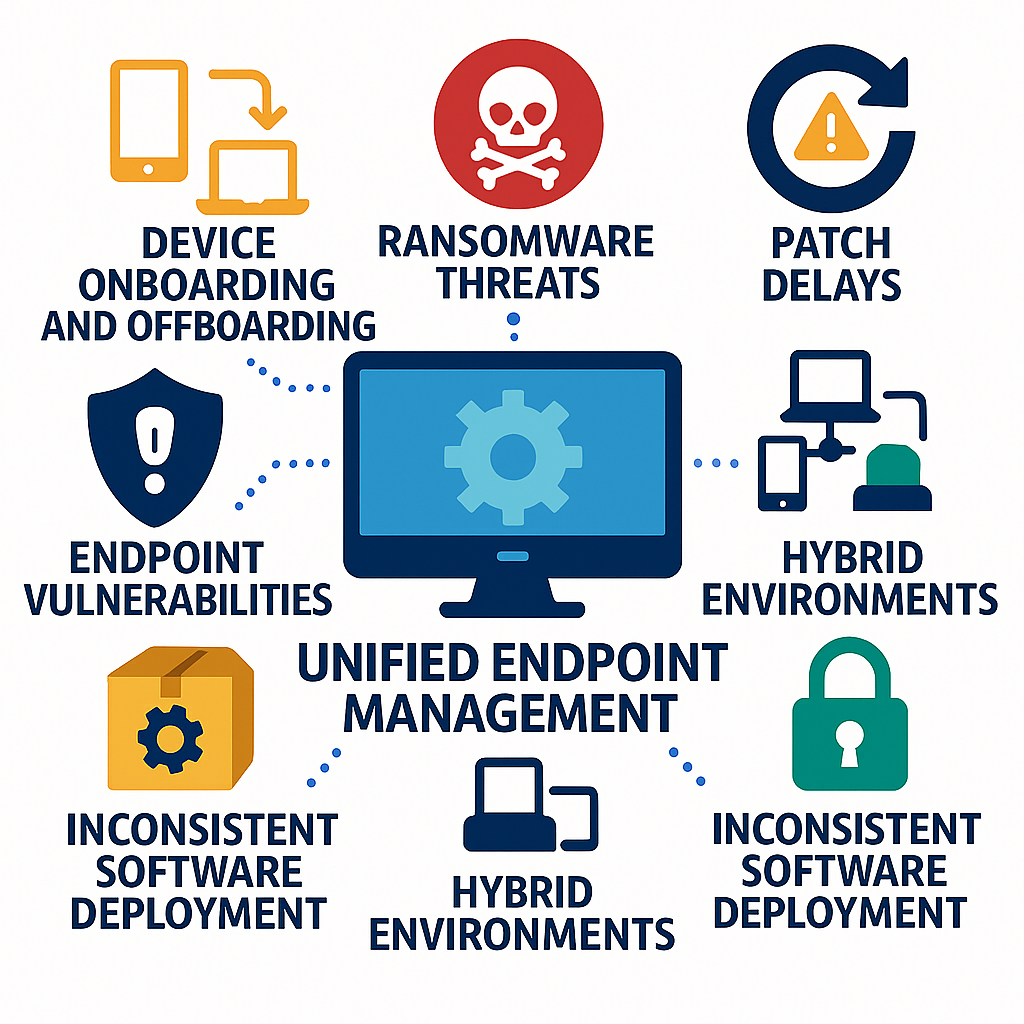
Organizations require a robust UEM solution to address these challenges and maintain endpoint security and productivity.
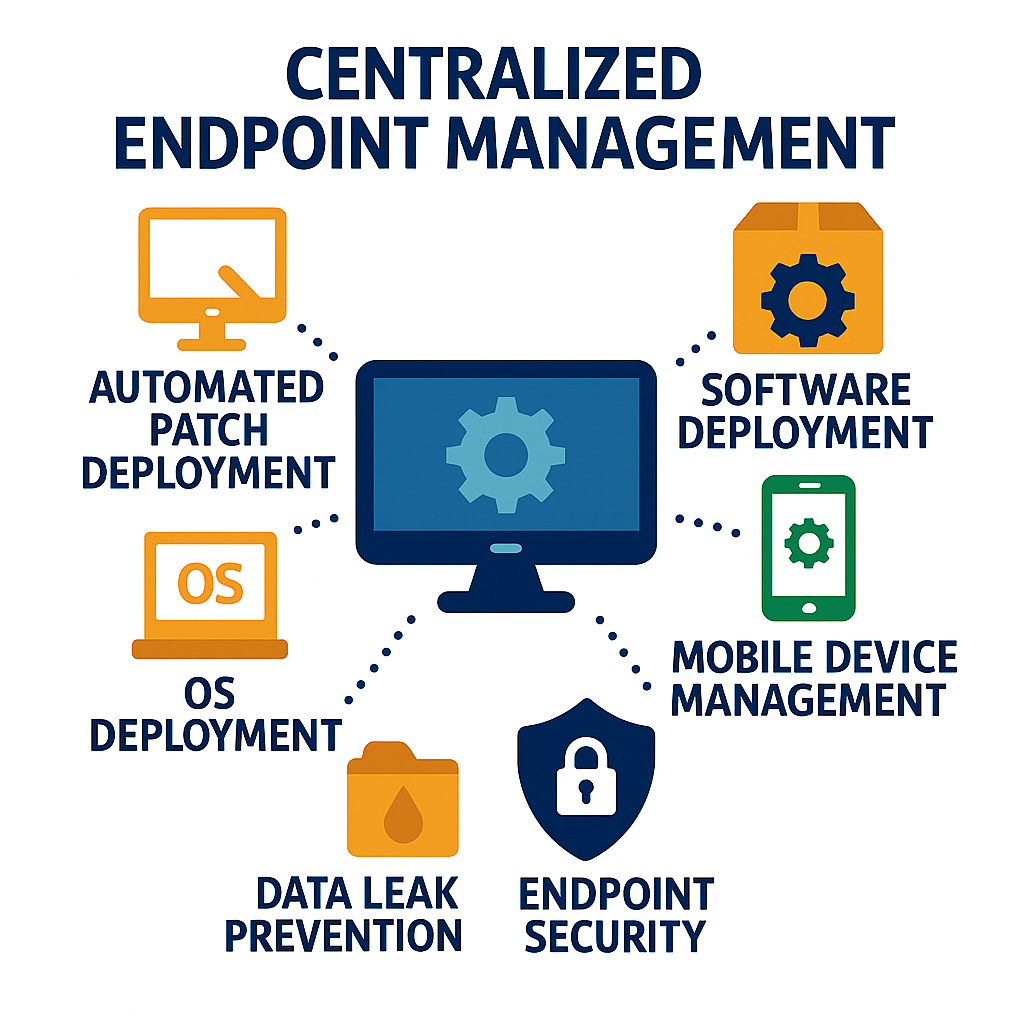
UEM Solutions
How ManageEngine UEM Solutions Can Help
ManageEngine's UEM solutions provide a comprehensive platform to streamline endpoint management, secure sensitive data, and enhance productivity. With automation, AI-driven capabilities, and ransomware protection, these tools enable IT teams to:

Automate Device
Automate device onboarding and offboarding for seamless lifecycle management.

Detect and Bock Ransomware
Detect and block ransomware threats in real time, protecting sensitive data.

Deploy
Deploy patches, software, and OS updates efficiently to eliminate vulnerabilities.

Leverage AI-driven
Leverage AI-driven insights to detect and respond to endpoint risks proactively.

Enforce Data Protection
Enforce data protection policies and control application usage across endpoints.

Manage Devices
Manage devices across diverse platforms, including Windows, macOS, Linux, iOS, and Android.
Ket Features:

Centralized Endpoint Management
- Main Feature: Unified endpoint management from a single console. Manage desktops, laptops, mobile devices, and servers across platforms. Automate device onboarding and offboarding processes, ensuring efficient provisioning and decommissioning. AI insights optimize resource allocation and predict device performance issues.
- Ransomware Protection: Utilize AI-driven anomaly detection to identify and isolate ransomware activities in real time, minimizing data loss and downtime.

Patch Management : Automated Patch Deployment
- Main Feature: Seamless patch management for OS and third-party applications. Automate the deployment of critical patches to protect against vulnerabilities. Use AI to prioritize patching based on risk level and potential impact, mitigating ransomware exploitation opportunities.
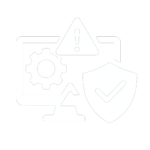
Vulnerability Management : Risk Detection and Mitigation
- Main Feature: Proactive vulnerability detection and response. Continuously scan endpoints for vulnerabilities and recommend remediation actions. AI-powered risk assessment identifies high-priority threats, including ransomware vulnerabilities, for faster resolution.

Software Deployment : Simplified Application Distribution
- Main Feature: Automated software deployment across devices. Deploy and update software with ease using centralized policies. AI analyzes software usage patterns and suggests optimizations for resource allocation.
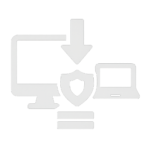
OS Deployment : Streamlined Operating System Rollouts
- Main Feature: Automate OS imaging and deployment. Roll out new operating systems or update existing ones with minimal downtime. Use AI to predict deployment issues and recommend optimal configurations.

DLP (Data Leak Prevention) : Data Security Across Endpoints
- Main Feature: Comprehensive data protection policies. Prevent data breaches by monitoring and restricting data transfers. AI detects anomalous data access patterns and triggers alerts.
- Ransomware Mitigation: Restrict access to critical files and folders, reducing the impact of ransomware attacks.
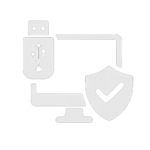
Device Control : Manage Peripheral Devices
- Main Feature: Control access to USBs and other peripheral devices. Restrict unauthorized devices and monitor device usage. AI-driven policies adapt controls based on user behavior and risk levels.

Application Control : Restrict Unauthorized Applications
- Main Feature: Enforce application usage policies. Block unauthorized or risky applications from running on endpoints. AI identifies applications that may pose security threats, including ransomware, and recommends actions.
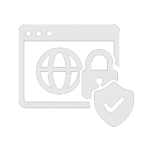
Browser Security : Secure Web Browsing
- Main Feature: Enforce safe browsing policies. Monitor browser activity and restrict access to malicious websites. AI detects phishing and malware sites, providing proactive protection against ransomware delivery via web attacks.
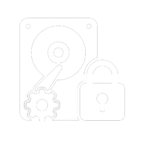
BitLocker Management: Simplified Disk Encryption
- Main Feature: Centralized management of BitLocker encryption. Enforce encryption policies, monitor compliance, and recover encryption keys. AI predicts potential non-compliance risks and automates remediation.
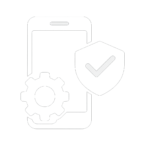
Mobile Device Management (MDM): Comprehensive Mobile Management
- Main Feature: Manage and secure mobile devices across platforms. Automate device enrollment, policy configuration, and application distribution. AI tracks device health, predicts performance issues, and recommends optimizations.

Ransomware Detection and Protection
- Main Feature: Real-time ransomware identification and mitigation. AI-driven ransomware detection monitors file encryption patterns and system changes. Automatically isolate infected devices from the network to prevent spread and enable rapid recovery with backup integration.

AI-Powered Insights and Automation
- Main Feature: Predictive analytics and intelligent automation. Use AI to detect anomalies, predict endpoint risks, and automate routine management tasks, enabling IT teams to focus on strategic initiatives.

Unified Dashboards and Reporting
- Main Feature: Centralized visibility and actionable insights. Monitor all endpoint activities from a single dashboard. AI-driven reporting highlights trends, compliance gaps, ransomware vulnerabilities, and risk factors for proactive action.
